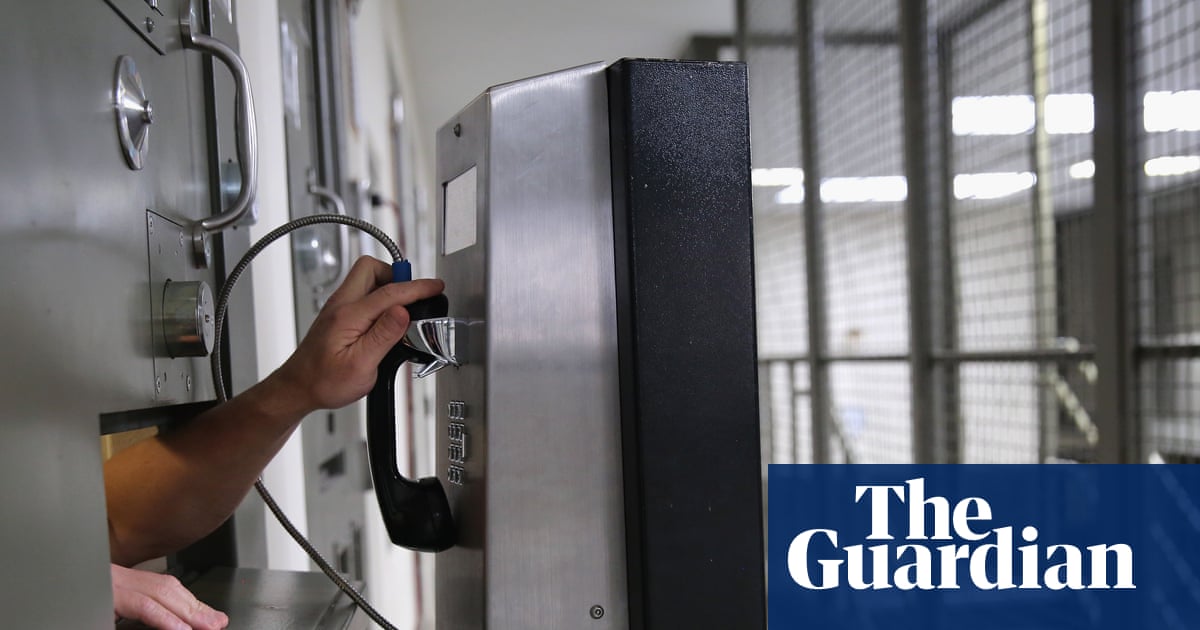A senior doctor has been found guilty of “misconduct which impairs his fitness to practise” in relation to his treatment of a 13-year-old girl whose death led to the adoption of Martha’s rule.
The disciplinary panel reached its decision having determined that Prof Richard Thompson failed to escalate the treatment of Martha Mills to an intensive care unit or to conduct a direct in-person review and assessment, including of a newly developed rash.
On Monday, Robin Ince, the chair of the panel at the Medical Practitioners Tribunal Service (MPTS), in Manchester, said that Thompson’s failings “were particularly grave and therefore amounted to misconduct”.
The tribunal will reconvene on Tuesday to consider whether Thompson should face a sanction and, if so, what that should be.
The findings relate to 29 August 2021, when the specialist in paediatric liver disease was the on-duty consultant at King’s College hospital (KCH), although he was on-call at home for part of the day.
Martha died two days later at Great Ormond Street hospital, having been transferred from KCH where she had contracted sepsis.
In 2022, a coroner ruled she would most likely have survived if doctors had identified the warning signs of her rapidly deteriorating condition and transferred her to intensive care earlier, which her parents had asked doctors to do.
After her parents, Merope Mills, a senior editor at the Guardian, and her husband, Paul Laity, spoke out about their experience, Martha’s rule was introduced, which gives the right to a second medical opinion in English hospitals.
Ince said of Thompson’s actions on 29 August 2021: “The tribunal was of the view that, as more serious and unexplained factors had come into play, there were clear points (at 17.00 and 20.30) when Prof Thompson should have taken action not only to see Martha himself but also to refer Martha to PICU (paediatric intensive care unit) and these combined failures to do so makes them more serious.
“The tribunal appreciated that it was assisted by hindsight but concluded that there were sufficient adverse clinical indicators at the time of something unexplained going on such that direct review and escalation to PICU was required.”
He said that there was “no sound reason” for Thompson not taking the required actions – better informing himself of Martha’s condition by direct observation and obtaining a third-party opinion – as they were not risky but to the contrary “the real risk lay in the greater possibility of a serious outcome if he did not do these things”.
Ince continued: “Taking all these factors into account, the tribunal was of the view that Prof Thompson’s omissions were ‘particularly grave’ and essentially amounted to gross negligence about the serious risk of harm to patients (albeit only on this one occasion) and were sufficiently serious in any event such as to amount to misconduct.”
Martha’s parents said in a statement: “It is important to us that allegations denied have been found proved and the gravity of mistakes that led to our daughter’s preventable death has been recognised.
“We will always have in our minds the failures of culture, training and policy on Rays of Sunshine ward at King’s College hospital, as well as the responsibility of individuals. We’d like to thank all of the thoughtful doctors who have helped us to understand what happened to Martha.”
Ince said the panel had concluded that Thompson had “remediated” such that it was “highly unlikely that anything like this will ever happen again and there is no current impairment of Prof Thompson’s fitness to practise on this basis”.
However, he added: “The tribunal concluded that the misconduct was such that a finding of impairment was required to uphold public confidence in the profession as well as uphold proper professional standards, and that it would be undermined if no finding of impairment were found.”
Martha, who sustained an injury to her pancreas when she fell off her bike on holiday in Wales, was transferred to intensive care at KCH on 30 August 2021 by which time she had septic shock, according to a serious incident report produced for the hospital.

 3 months ago
126
3 months ago
126

















































